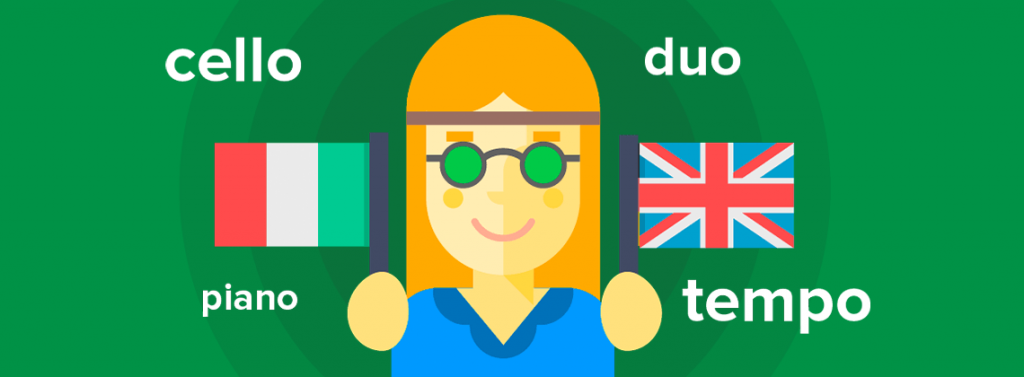Italian words stolen into English

Rome: Some Italian words seem familiar to English speakers. But use them with caution, because they might not mean what you think.
When you started studying Italian, we’re sure you quickly noticed that lots of words look quite similar to English. These are often the ones we find easiest to remember.
Some Italian words are similar to English when both have a Latin root – so we can thank the academic language for helping us better understand Italian.
Easy examples are adjectives like impossibile and difficile, or verbs like aggiustare (to fix, or adjust).
Although sometimes the meaning has shifted over time, creating some classic “false friends”, such as annoiarsi (“to get bored”, not “to annoy”)
Other more modern Italian words can also look familiar. Not because they have Latin ancestors, but because we’ve simply stolen them.
And just as the original meanings of those Latin words can shift, so too can our understanding of these words borrowed from modern Italian.
While some of the Italian words and phrases we pepper our English speech with today still mean pretty much the same thing, others would get a surprised reaction from Italians.
Here’s a list of some of the most commonly-used stolen Italian words.
Al fresco
Used in English to describe doing something such as eating outside. But if you ask someone to have dinner with you al fresco in Italy, they’ll either be confused or scared. In Italian, al fresco means “in the fresh/cold,” which can figuratively mean “in the fridge” or even “in jail.”
Bimbo
We know this word as an insult, meaning an unintelligent woman. But Italians use the word to mean a very young boy. (Bimba is a little girl, and bimbi is the plural for small children.)
Confetti
English speakers understand this as the colourful paper thrown at weddings, and confusingly, it’s also wedding-related in Italian. Here, confetti are sugared almonds – the traditional sweets given at weddings – but thankfully not thrown. The Italian word for confetti paper is coriandoli.
Curriculum
This one will be useful if you’re studying abroad in Italy. For English speakers, this word means the subject matter of your course at school or university. In Italian, curriculum refers to your CV (curriculum vitae) or, for Americans, your resume.
Camera
We take photos with it, but Italians live in it. Camera is a word for a room in Italian, such as a camera da letto (bedroom). If you want to snap some pictures instead, the word you’ll need is fotocamera.
Latte
It might mean a tall, milky coffee in Italian-style coffee shops elsewhere, but in Italian latte just means “milk”. So if you ask for latte in Italy, that’s what you’ll get. If you want coffee in it then you’re better off ordering a caffè latte (which may still look very different, outside of tourist areas) or a cappuccino.
Espresso
Another Italian coffee-related word. You might be surprised to hear that we English speakers use this one more than Italians do. That’s because here in Italy an espresso is simply a caffe (coffee). Espresso in Italian just means “fast” or “made to order”, but in Italy it’s superfluous, as all coffee is made to order and meant to be drunk quickly. (And the word “expresso” doesn’t exist in either language!)
Panini
Want a panini to go with your coffee? Well, don’t say this. To us it’s a specific kind of long, grilled ciabatta sandwich but in Italian it just means “sandwiches” (plural) of any type. For a grilled sandwich, ask for a panino tostato instead.
Stiletto
Spiky stiletto heels might be something we associate with Italian style icons, but be careful how you talk about your new designer shoes. In Italian, stiletto just means a small dagger. If you mean spiky high heels, say tacchi a spillo.
Pepperoni
What could be more Italian than a pepperoni pizza? Quite a lot of things, it turns out. Don’t order a “pepperoni pizza” unless you want your pizza covered in small bell peppers. For a spicy sausage topping, try salame piccante.





